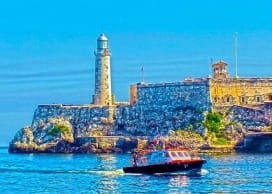
Havana ephemeris. September, 10th
1880. Nicolás José Gutiérrez y Hernández is born in Havana.
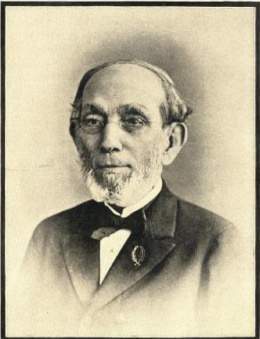
During his ninety years of life he contributed much of his knowledge to Cuban science. Given his experience as a surgeon, he performed multiple risky operations and was the first to use chloroform as an anesthetic in the country.
He was the founder in 1840 of the Habanero Medical Repertory, the first medical journal circulating in Cuba. He is listed as an author on many articles. He publishes a manual of operative medicine used for several years as a textbook in surgery.
He was the founding president of the Royal Academy of Medical, Physical and Natural Sciences of Havana, a position for which he was constantly re-elected until his death. He was also Rector of the University of Havana, between 1879 and 1880.
He was a member of several foreign institutions, including the Lincei Academy in Rome, the Academy of Sciences in New Orleans and the Academy of Surgery in Madrid.
His death occurred in Havana on December 31, 1890.
1883. Dulce María Borrero was born in the Puentes Grandes neighborhood in Havana.
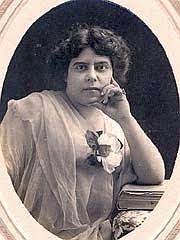
For her work in the field of letters she won several awards, including one awarded by the National Academy of Arts and Letters, in 1912, for her book of poems Hours of my life.
She was a member since its foundation in 1910 of the National Academy of Arts and Letters and in 1935 she served as Director of Culture of the Ministry of Education. She also founded in 1937 the Bibliographical Association of Cuba.
She published various works in various magazines, gave lectures on artistic and literary subjects, as well as on educational and civic problems. She also worked in defense of women's rights.
Her death occurred in the Cuban capital on January 15, 1945.
1897. The expedition led by Brigadier Rafael de Cárdenas Benítez landed in the Boca Ciega area.
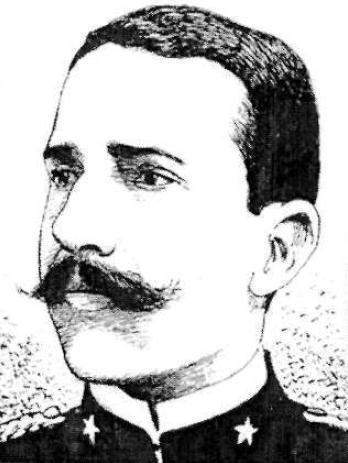
Born in 1868 in Havana, he managed to obtain a law degree. He joined the war for the independence of Cuba on May 15, 1895. He was Secretary of General Máximo Gómez and was part of the invading column that crossed Cuban territory from the then province of Oriente to the western province of Pínar del Rio, between October 1895 and January 1896.
In June 1897 he received the mission to go to New York to organize and lead an expedition to Cuba, which left on September 5 from the Bahamas with 20 armed expeditionaries and supplies.
1951. Leopoldo Romañach Guillén dies in Havana..
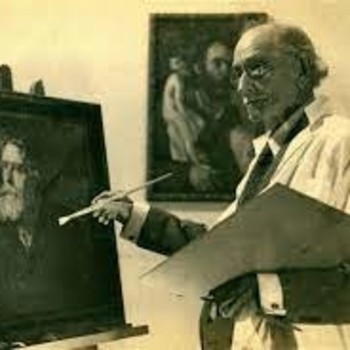
His birth took place on October 7, 1862, in the town of Sierra Morena in Corralillo, in the then province of Las Villas. His father was of Catalan origin and his mother Cuban. Throughout more than 80 years he developed brilliantly as a painter and within his specialty one of his main objectives was to create and teach his peers everything he knew about the so-called painting technique. line and color.
He was a painter who expressed himself according to his Italian training. Among his works are Portrait of a student, Italian Peasant, In the garden and Back from work, among others.
His birth took place in Sierra Morena, Las Villas province, on October 7, 1862.
1959. The athlete Ramón Fonst Segundo dies in Havana.
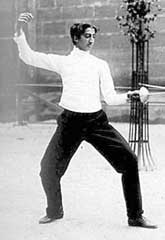
Influenced by his father, who was a great fencer, he was attracted to this sport since he was a child.
He was the first Cuban athlete to win gold medals at an Olympics. He was then 17 years old and won the overall victory in the épée contest in the second edition of the modern era of the Olympic Games, held in 1900 in Paris, the capital of France. In 1904 he also attended the third Olympiad held in Saint Louis, United States, and on that occasion he won five gold medals in foil, baton and épée, all individual, and in team foil and saber.
In Cuba fencing championships are held to honor him and there are sports facilities that bear his name.
His birth took place in Havana on July 31, 1883.
1962. . In the Chaplin Theater, today the Karl Marx Theater in Havana, the Commander in Chief Fidel Castro delivers a speech at the closing of the III National Congress of the Municipal Councils of Education.

He expresses: “The Revolution is not a matter of days or months; the revolution is not a matter of years. The revolution is a long process, and the fruits of a revolution are therefore not to be seen in a day, or in a month, or in a few years. When you begin to build something from the foundations, it takes time to see the complete work”.
2005. The musician and conductor Manuel Dúchesne Cuzán dies in Havana.
Throughout his existence, he worked vehemently on the development of the national culture and was present on the most prominent world stages. Pillar of Cuban sound identity, his figure is the symbol of an entire era at the head of the National Symphony Orchestra and the group Nuestro Tiempo.
He also participated as a jury in various music festivals and gave lectures at the University of Havana and other university centers in different countries.
Undoubtedly, he was one of the most important figures in Cuban music and for his meritorious work he received various decorations.
He is born in Havana on November 10, 1932.
2010. In the Aula Magna of the University of Havana, Commander in Chief Fidel Castro presents his book "The Strategic Counteroffensive."
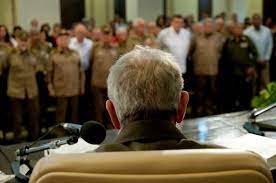
The book narrates the actions carried out from the moment the Rebel Army defeated the great offensive of the Batista dictatorship on August 6, 1958. Precisely then, Fidel conceived of carrying out the counteroffensive of the rebel troops that lasted until the destruction of the dictatorial regime took place and the triumph of the Revolution was guaranteed.